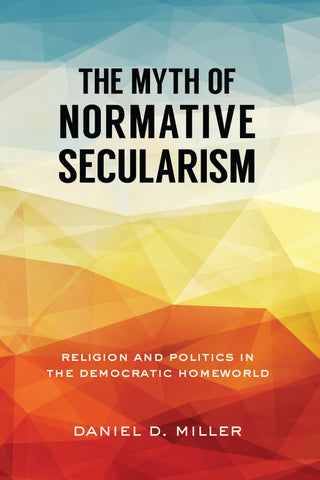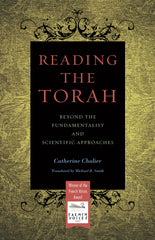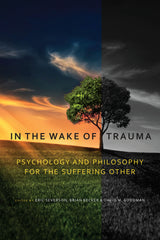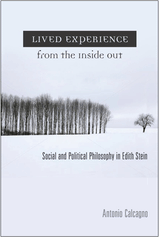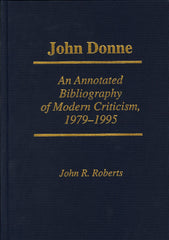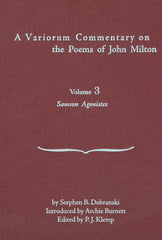The Myth of Normative Secularism: Religion and Politics in the Democratic Homeworld
Daniel D. Miller $33.00April 2016 | paper | ISBN: 978-0-8207-0491-3
2016 Foreword INDIES Book of the Year Award Finalist
Modern political thought — at least in the West — has long presupposed that religion and politics constitute two distinct spheres with clearly demarcated boundaries. However, recent political developments, such as the rise of global Islamism and the American religious Right, have challenged the assumption that the progress of democracy within a society requires the increasing secularization of its government. In this work, Daniel D. Miller takes up the problem of how to think outside the flawed logic of this “normative secularism,” as he identifies it, and how to then articulate a theory of the social that can truly account for the complex relationship of religion and politics.
Miller’s quest for such an understanding leads him to first consider three diverse contemporary sociopolitical theories that depart from normative secularism: the Radical Orthodoxy of Graham Ward and John Milbank; the theory of Empire and the multitude that resists it, as characterized by Michael Hardt and Antonio Negri; and the self-styled postsecular political theory of Jürgen Habermas. Although each offers significant insights, Miller ultimately concludes that all these theories fail to achieve their goals due to a grounding in presuppositions and circular argumentation.
Abandoning these avenues, Miller then takes the highly original step of turning to Husserl’s generative phenomenology, considering aspects of poststructuralism and post-Marxist political theory as well, to devise a constructive alternative account. The Myth of Normative Secularism thus conceives a phenomenology of the political that takes as its starting point the democratic orientation of the present political moment. Miller presents the compelling case that generative phenomenology makes transcendental claims that are absolutely necessary to an account of the social, within which the religious and the political must be understood as irreducibly phenomenological dimensions of the democratic homeworld.
Bridging the gap that often exists between social scientific analyses of secularism, on the one hand, and philosophical and theological analyses, on the other, The Myth of Normative Secularism succeeds in both demonstrating the shortcomings of our current understandings and in providing an innovative and distinctive way forward.
Author Information:
DANIEL D. MILLER is assistant professor of religion and philosophy at Landmark College and has also taught at Mount Allison University. His work has appeared in Political Theology and Method and Theory in the Study of Religion; this is his first book.

